
Oman counts cost of deadly cyclone
Saleh al Shaibany, Foreign Correspondent
Like most homeowners in the Sultanate, Mr al Saadi, 47, did not insure his Muscat house or its contents after he paid off the mortgage. In Oman, it is only compulsory to insure a property under a mortgage repayment scheme.
“Half of my furniture was gone when water came flooding in. It was half way to knee level until Saturday evening when we drained it out but the mud remains,” said Mr al Saadi.
Just a couple of kilometres away, Ali al Mahrabi said he had to watch helplessly as a strong current of water carrying concrete rubble smashed into the side of his kitchen on Friday evening.
“The wall did not break but the force cracked it and builders say that I would need to break it anyway to repair the kitchen,” said Mr Mahrabi, 53, a school headmaster.
Across the country, people are starting to count both the financial and human cost of Cyclone Phet, which smashed into Oman’s eastern coast on Friday.
So far the total death toll has reached 21 with hundreds injured, according to state television and radio. Yesterday a civil defence department spokesman said the reconstruction costs could exceed $520 million (Dh1.9 billion).
Insurance companies are bracing for claims from destroyed businesses.
Deepak Kamath, the country manager of AXA Insurance, said though the damage is not as big as Cyclone Gonu in 2007, “the insurance companies could face a payout bill between $100m to $200m to the private sector.”
Phet was first detected on Wednesday travelling with a wind speed of 210kph towards Oman’s eastern coast packed with a category 5 cyclonic storm. It later decreased in strength to 120kph when it hit land in the towns of Al Ashkharah, Rad Al Hadd, Ras Al Madrakah, Sur and the island of Masirah.
But it was felt by other regions in the country and all the way north to the capital Muscat, 330km away. Most of the victims were from the eastern coast.
Oman had to halt oil exports, the backbone of its economy, for two days before resuming on Sunday, newspapers reported.
The storm also wrecked businesses but the big trading houses are covered by insurance. It was the small retailers who felt the damage with the storm threatening to wipe out their livelihood, shopkeepers say.
“I woke up on Saturday morning to find the doors of my fruit and vegetable shop hanging open. There was nothing inside but mud.
“Everything was taken away to the wadi, including 325 rials [Dh3,100] I meant to send to the bank after the weekend,” said Taimur al Jaidi, a shopkeeper on Masirah island, talking over the telephone.
The Wadi channels also swept away the entire contents of a super market in Sur managed and owned by Said Darbooni and his brother Mabrook. “With it went our 20,000 rial investment, complete with freezers, foods, racks, computers and cash registers. That was our livelihood… we have nothing else that will give us an income,” Mr Said Darbooni said over the telephone.
Both Mr Darbooni and Mr Jaidi are not insured and were uncertain whether they will be compensated.
They hoped the government would compensate businesses and private property owners in the same way it did in 2007 when cyclone Gonu hit Oman. Then, the Sultanate faced a bill of around $2.5 billion (Dh9.2bn) to rebuild the infrastructure and financially helped the private sector to repair their properties.
Government officials were not available for comment on whether there would be a similar gesture this time round.
However, the government has already started to count the cost of extensive damages from Phet. State TV reported damage including bridges, roads, desalination plants, electricity and water pipes across the country with the bulk of the devastation on the east coast.
But this is not about property losses and compensation, it is about people who have lost their lives, the Royal Oman Police said.
“Certainly people will look at the financial costs but it is the human cost that matters most. People have died and many more put their lives at risk saving others from death,” said Capt Rashid al Abry, the head of public relations at the Royal Oman Police.
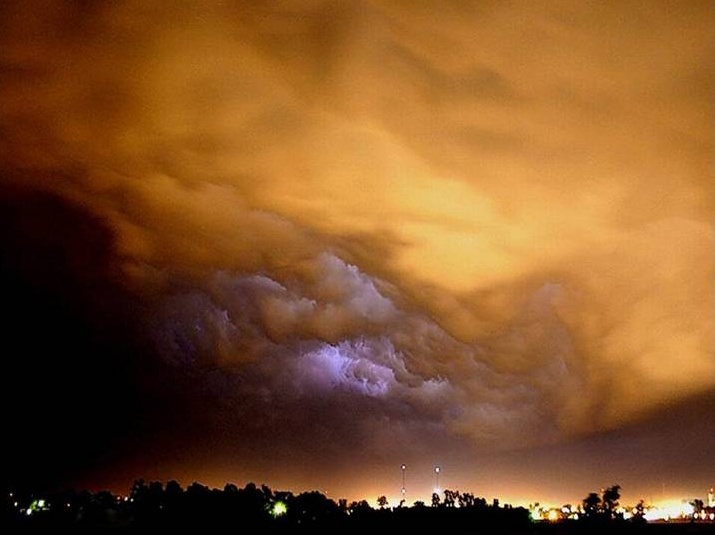
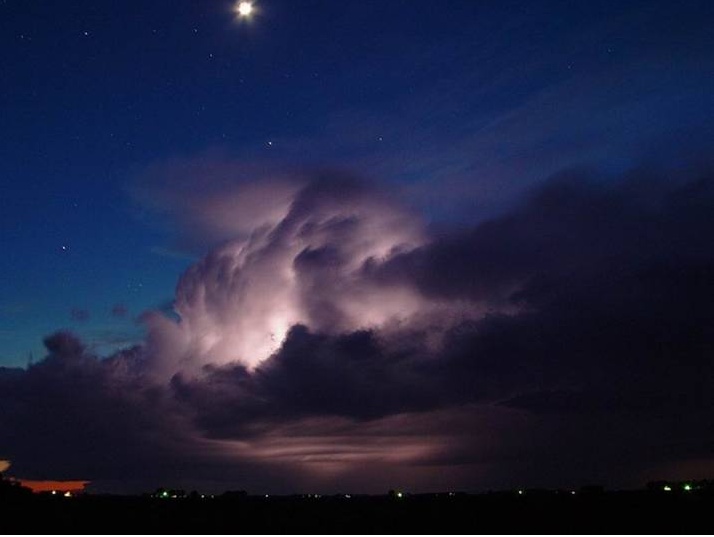
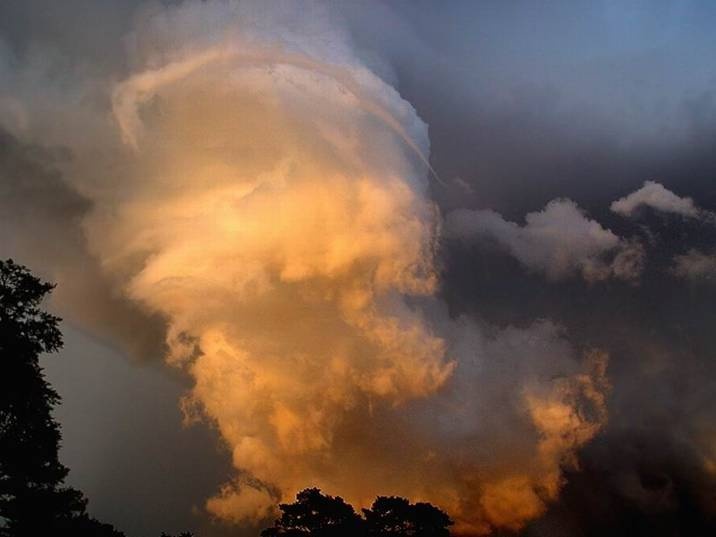

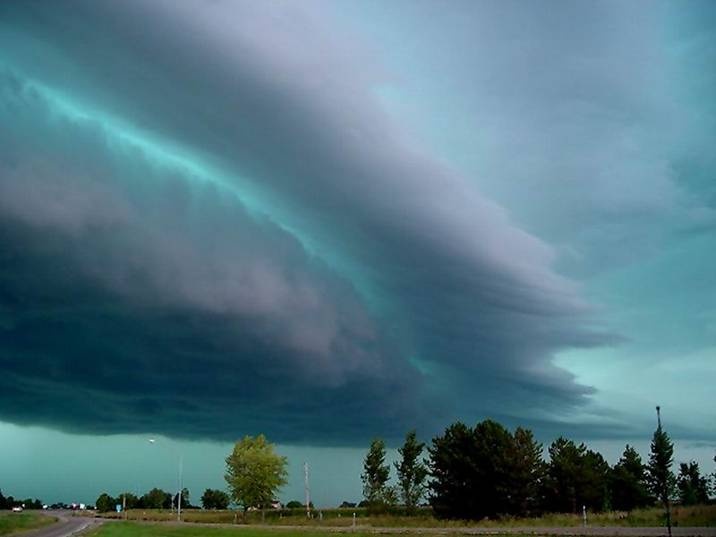
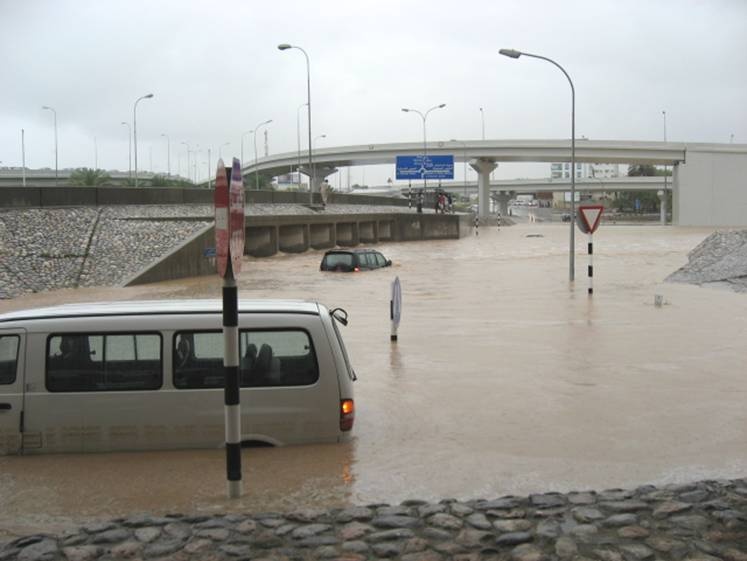
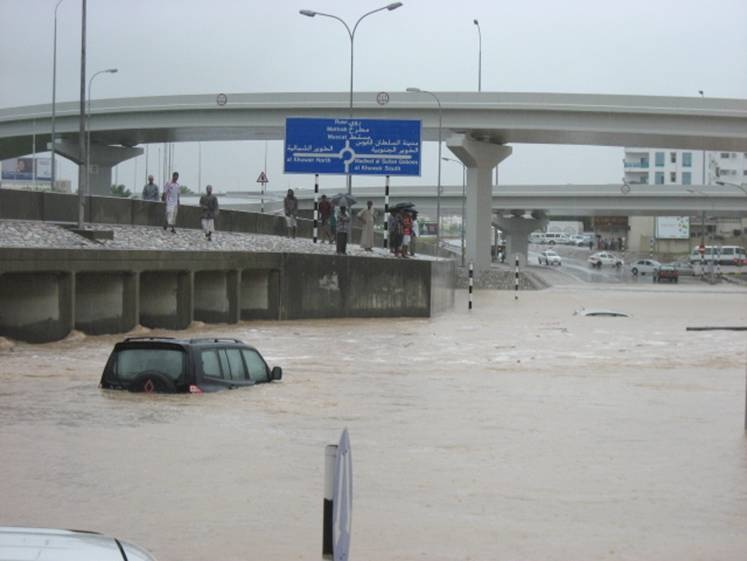
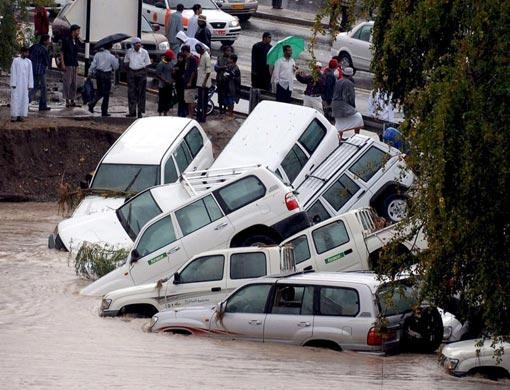
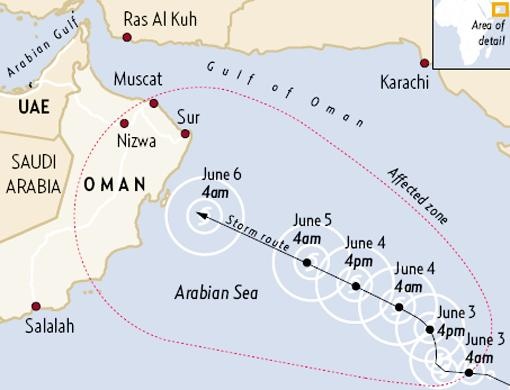
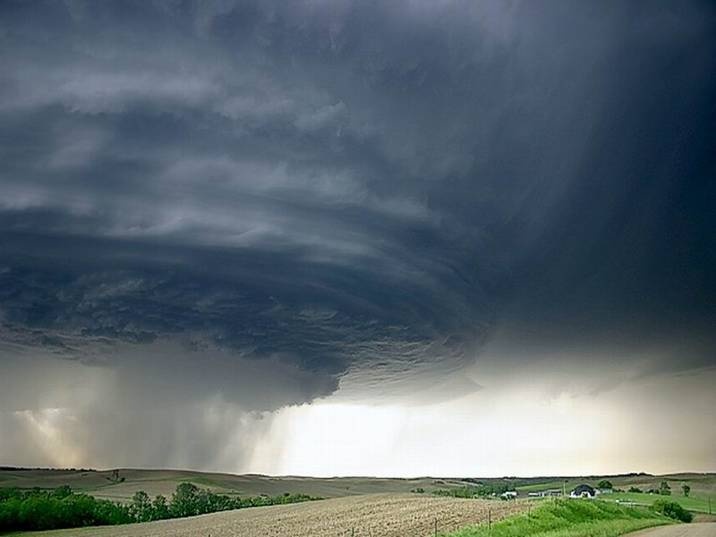
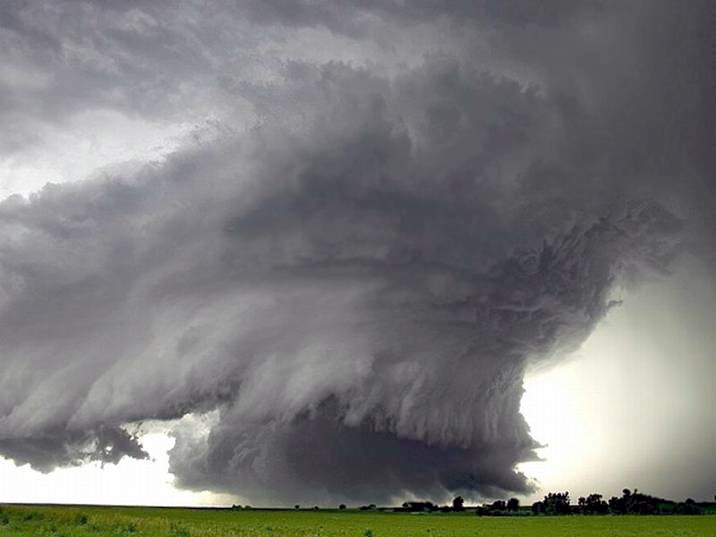
http://www.thenational.ae/apps/pbcs.dll/article?AID=/20100608/FOREIGN/706079802/1002
June 7, 2010
